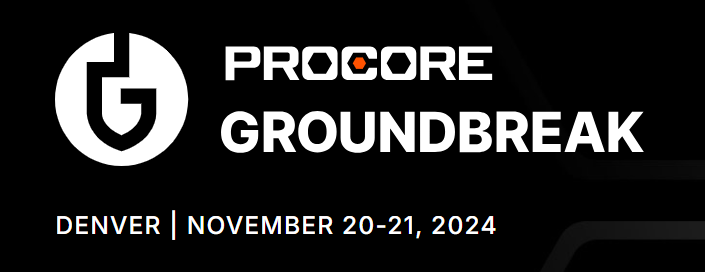IT Security Assessments & Roadmaps
Cyber threats evolve rapidly. Our experts assess your IT security, infrastructure, and leadership to develop a scalable cybersecurity roadmap that protects your construction business today and in the future.
3 min read
Palmer Team : Jan 22, 2025 1:13:50 PM

Last year, 43% of reported data breaches involved small to mid-sized businesses (SMBs). To help protect our construction industry clients that fall into the SMB category, here is the information you need to prepare yourself to make the right decisions for your organization.
Protecting your construction company’s network from cyberattacks is essential to keeping your data safe and ensuring smooth operations. Investing in vulnerability and penetration testing can help identify and neutralize potential threats before they become costly problems.
Our cybersecurity specialists have put together a practical look at how these processes work and why they’re essential for small to mid-sized construction firms.
Cyberattacks are not a problem exclusive to large corporations. SMBs are increasingly targeted, with 76% of SMBs suffering a cyberattack last year and 69% experiencing a data breach. With over 22,000 new vulnerabilities disclosed every year, many businesses struggle to keep their systems up-to-date. The stakes are high. For SMBs, the average cost of a single security breach exceeds $380,000—enough to threaten the short-term if not the company’s long-term viability.
Vulnerability assessment and penetration testing (VATP) are like regular checkups for your network, uncovering weaknesses that attackers could exploit. While they both strengthen your defenses, their methods differ. Think of vulnerability testing as a basic home inspection. It identifies your unlocked or broken doors, or windows easily opened from the outside. Penetration testing, or pen testing, on the other hand, is like having someone try to break into your house and then identify what they could steal and how they would do it.
In other words:
Together, vulnerability and penetration testing provide a clear and actionable picture of your network’s security, allowing you to prioritize and address vulnerabilities, starting with those that would cause the greatest harm to your business.
If your construction company has experienced rapid growth, undergone a digital transformation, or you haven’t tested your defenses in the past 12 months, you should probably consider vulnerability and penetration testing. Scaling quickly often leaves gaps in your IT infrastructure that can go unnoticed, while a move to new technologies like cloud computing and IoT can present different threat exposures from the ones you may have been previously prepared for. And, with new vulnerabilities emerging daily, annual assessments are a valuable investment.
When you pursue comprehensive vulnerability and penetration testing, you should expect the following steps:
Each step builds a comprehensive understanding of your network’s vulnerabilities and provides actionable insights for improvement.
If you decide penetration testing is the right step for your construction company, choosing the right provider is crucial. Look for partners that offer:
With cyberattacks on the rise and vulnerabilities becoming harder to track, vulnerability and penetration testing offers an effective way to take control of your cybersecurity posture. Whether you’re proactively addressing risks or responding to specific incidents, the insights from these tests will help you prioritize the right actions for your construction business.
At Palmer, we specialize in cybersecurity solutions tailored to the unique challenges of the construction industry. Our expert consultants ensure your information systems are secure, protecting your projects, data, and operations from cyber threats. With technology playing a critical role in project management and operational efficiency, safeguarding your digital infrastructure is essential. Trust Palmer to provide the expertise and security your construction business needs to stay protected and competitive.

Cyber threats evolve rapidly. Our experts assess your IT security, infrastructure, and leadership to develop a scalable cybersecurity roadmap that protects your construction business today and in the future.
Technology is a major investment—protect it. Our construction cybersecurity experts optimize IT performance while enhancing security, remote access, and system resilience to safeguard your operations.
Reliable systems drive productivity. Our cybersecurity-focused Managed Services team monitors, secures, and optimizes your IT infrastructure, ensuring peak performance and protection against cyber threats.

Join Palmer at Procore Groundbreak 2024 in Denver, Nov 20-21! We're excited to connect with industry leaders, share insights into construction...

Headed to CFMA's 2025 Annual Conference? Join your construction industry peers for a thought-provoking roundtable discussion on adopting and...